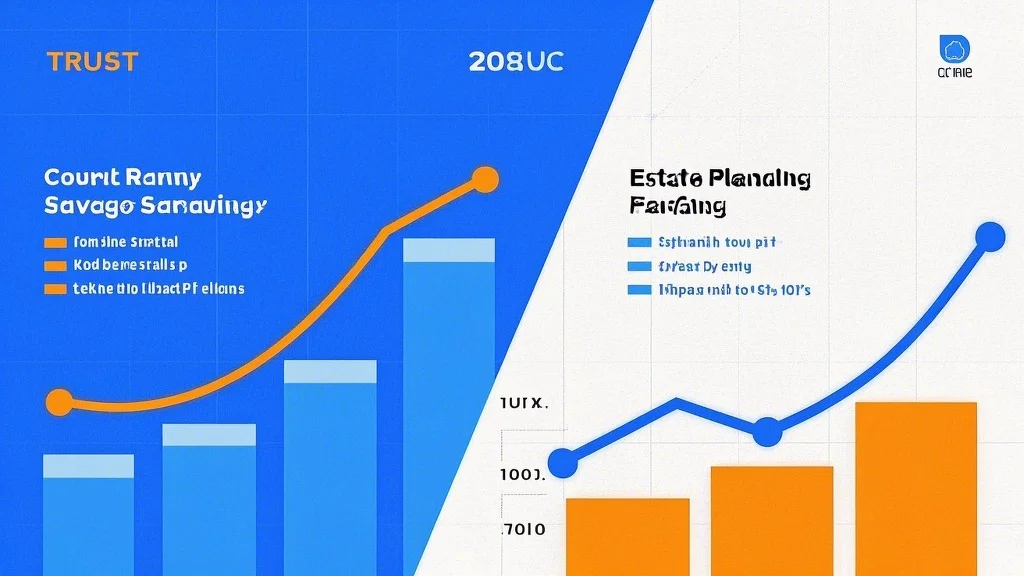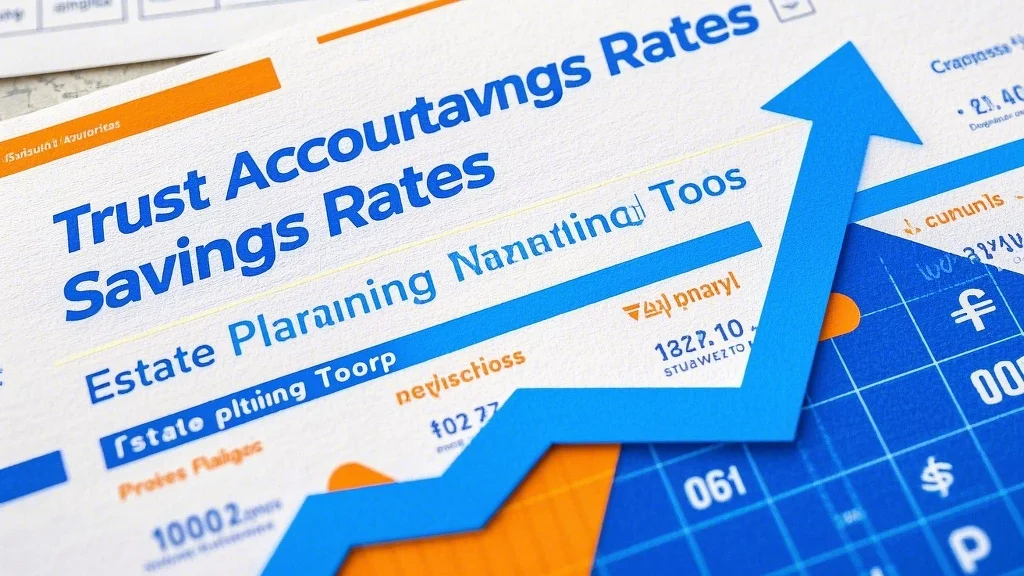A Certificate of Deposit (CD) is a popular savings tool that offers a fixed interest rate over a specific term, guaranteeing a set return on your investment if you keep the funds untouched until maturity. CDs are widely used by individuals looking for a safe and predictable way to grow their money. However, one of the key features of a CD is that you agree to lock your funds for a set period, typically ranging from 3 months to 20 years. If you need to withdraw funds before the maturity date, you may face early withdrawal penalties.

Understanding these penalties is crucial for anyone considering a CD as part of their financial strategy. While the interest rates offered by CDs are often higher than traditional savings accounts, the early withdrawal penalties can significantly erode your returns if not managed properly. This article will explore the mechanics of CD early withdrawal penalties, their implications, and how you can avoid them.
What Are CD Early Withdrawal Penalties?
Early withdrawal penalties are fees imposed by banks or credit unions when you take money out of a CD before the maturity date. These penalties are designed to discourage early withdrawals and ensure that the institution receives the interest it expects over the term of the CD. The specific penalty amount varies depending on the institution, the CD product, and the length of the term.
Typically, the penalty is calculated as a percentage of the withdrawn amount or a flat fee, whichever is higher. For example, a bank might charge a penalty of 3 months’ worth of interest if you withdraw funds early. This means that if your CD is earning 2.5% annually, the penalty could be 0.625% (2.5% divided by 12) of the withdrawn amount.
It’s important to note that the penalty is usually applied only once, even if you make multiple early withdrawals. However, some institutions may impose additional fees or restrictions, so it’s essential to review the terms and conditions of your CD carefully.
Why Do Banks Impose Early Withdrawal Penalties?
Banks and credit unions impose early withdrawal penalties to compensate for the loss of the interest they would have earned if you had kept the funds in the CD until maturity. CDs are a stable source of funding for banks, allowing them to offer loans and other financial products. By locking your funds for a specific term, you’re essentially agreeing to help the bank maintain its liquidity and profitability.
In addition, early withdrawals can disrupt the bank’s financial planning, as they may have already allocated the funds for specific purposes. Therefore, the penalty serves as a disincentive for customers to withdraw funds prematurely, ensuring the smooth operation of the institution.
When Might You Face CD Early Withdrawal Penalties?
CD early withdrawal penalties come into play if you need to access your funds before the maturity date for any reason, such as an emergency, unexpected expenses, or a change in financial circumstances. While it’s understandable that emergencies can arise, it’s crucial to weigh the consequences of an early withdrawal against your immediate needs.
For instance, if you withdraw $10,000 from a CD with a 3-month early withdrawal penalty and an annual interest rate of 2.5%, you could lose approximately $62.50 in interest. While this may seem manageable, it’s important to consider that you’re losing the potential earnings over the entire term of the CD if you withdraw early.
How to Avoid CD Early Withdrawal Penalties
Fortunately, there are strategies you can use to avoid or minimize the impact of CD early withdrawal penalties. Here are some tips:
Choose the Right CD Term: Selecting the right term for your CD is crucial. If you’re unsure about your ability to commit funds for a long period, consider a shorter-term CD. Terms ranging from 6 months to 1 year are often a good balance between flexibility and better interest rates. Longer terms may offer higher returns but come with stricter penalties if you need to withdraw early.
Consider No-Penalty CDs: Some banks offer no-penalty CDs, which allow you to withdraw funds without facing early withdrawal penalties. However, these CDs often have lower interest rates compared to traditional CDs. If you’re planning to access your funds within a short period, a no-penalty CD might be a better option.
Use CD Ladders: A CD ladder is a strategy where you open multiple CDs with different maturity dates. This allows you to stagger your funds so that a portion becomes available at regular intervals. For example, you could open a 3-month, 6-month, and 12-month CD simultaneously. As each CD matures, you can reinvest the funds or use them without facing penalties. This approach provides flexibility and ensures you always have access to some funds.
Evaluate Early Withdrawal Costs: Before making an early withdrawal, calculate the exact cost of the penalty. Compare this to your immediate need and assess whether the withdrawal is worth the financial sacrifice. If the penalty is significant, consider alternative solutions, such as using a savings account, borrowing from a credit card, or seeking a personal loan.
Review CD Terms and Penalties: Always review the terms and conditions of your CD, including the early withdrawal penalties, interest rate, and any other fees. Some institutions offer favorable terms, such as a low penalty percentage or a maximum penalty cap, which can make early withdrawals less costly.
The Hidden Costs of Early Withdrawals
While the early withdrawal penalty is the most obvious cost, there are other hidden costs to consider. For one, you lose the potential interest earnings on the entire CD amount if you withdraw early. Additionally, making an early withdrawal may lower your credit score if you use the funds to pay off high-interest debt, such as credit cards.
Furthermore, frequent early withdrawals can affect your relationship with the bank. If you’re viewed as a high-risk customer, you may find it harder to obtain loans or other financial products in the future.
: Make an Informed Decision
CDs are a valuable tool for saving and growing your money, but the early withdrawal penalties can have a significant impact on your financial goals. By understanding the penalties, choosing the right CD term, and exploring strategies to avoid them, you can maximize the benefits of your CD investment.
Before opening a CD, take the time to evaluate your financial situation, assess your likelihood of needing early access to funds, and compare CD options from multiple institutions. With proper planning and research, you can ensure that a CD remains a beneficial addition to your financial portfolio.
Remember, the best CD is the one that aligns with your financial goals, offers competitive interest rates, and has terms that you can comfortably adhere to. By avoiding early withdrawals whenever possible, you can enjoy the full benefits of your CD investment and secure your financial future.




